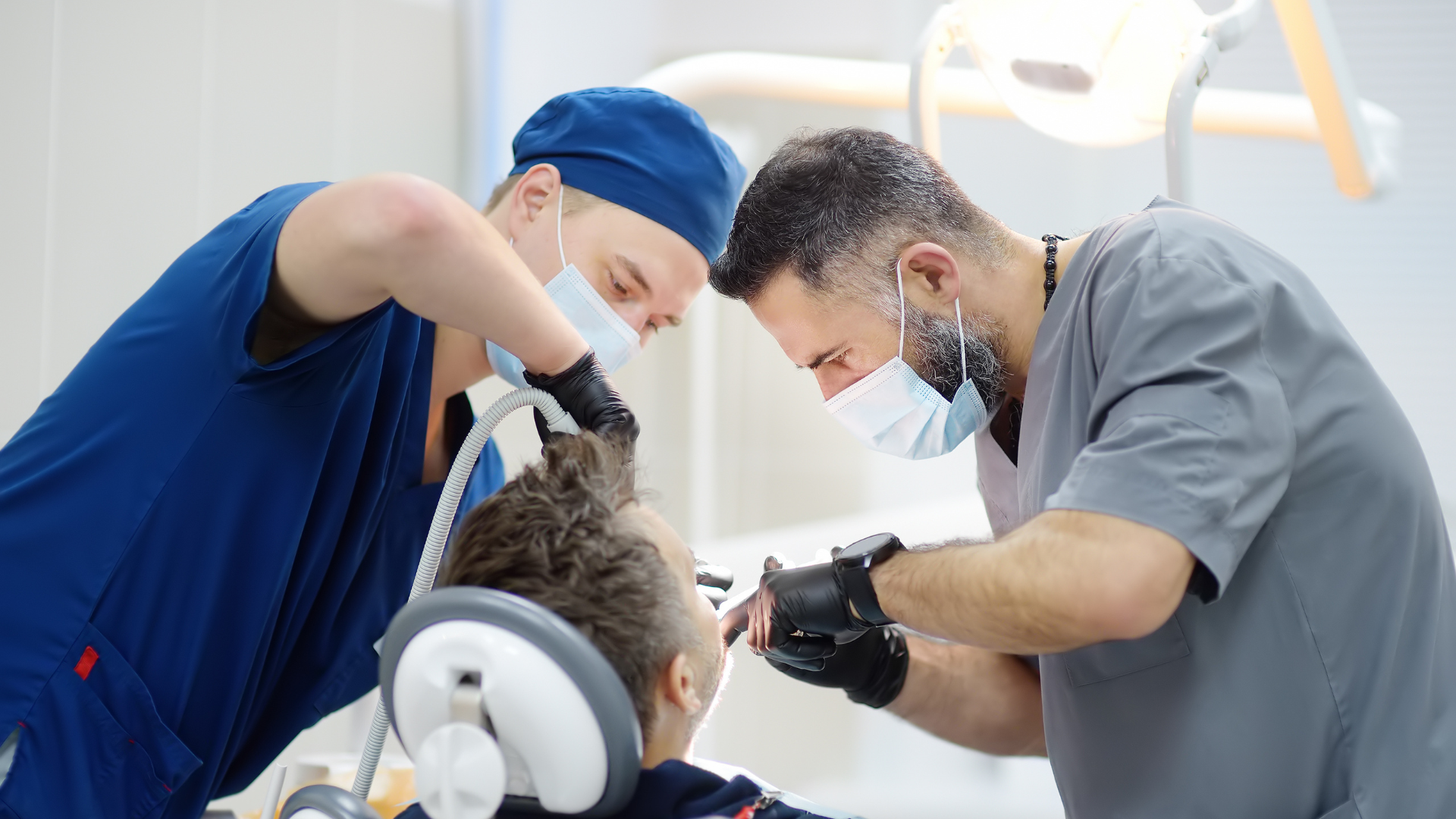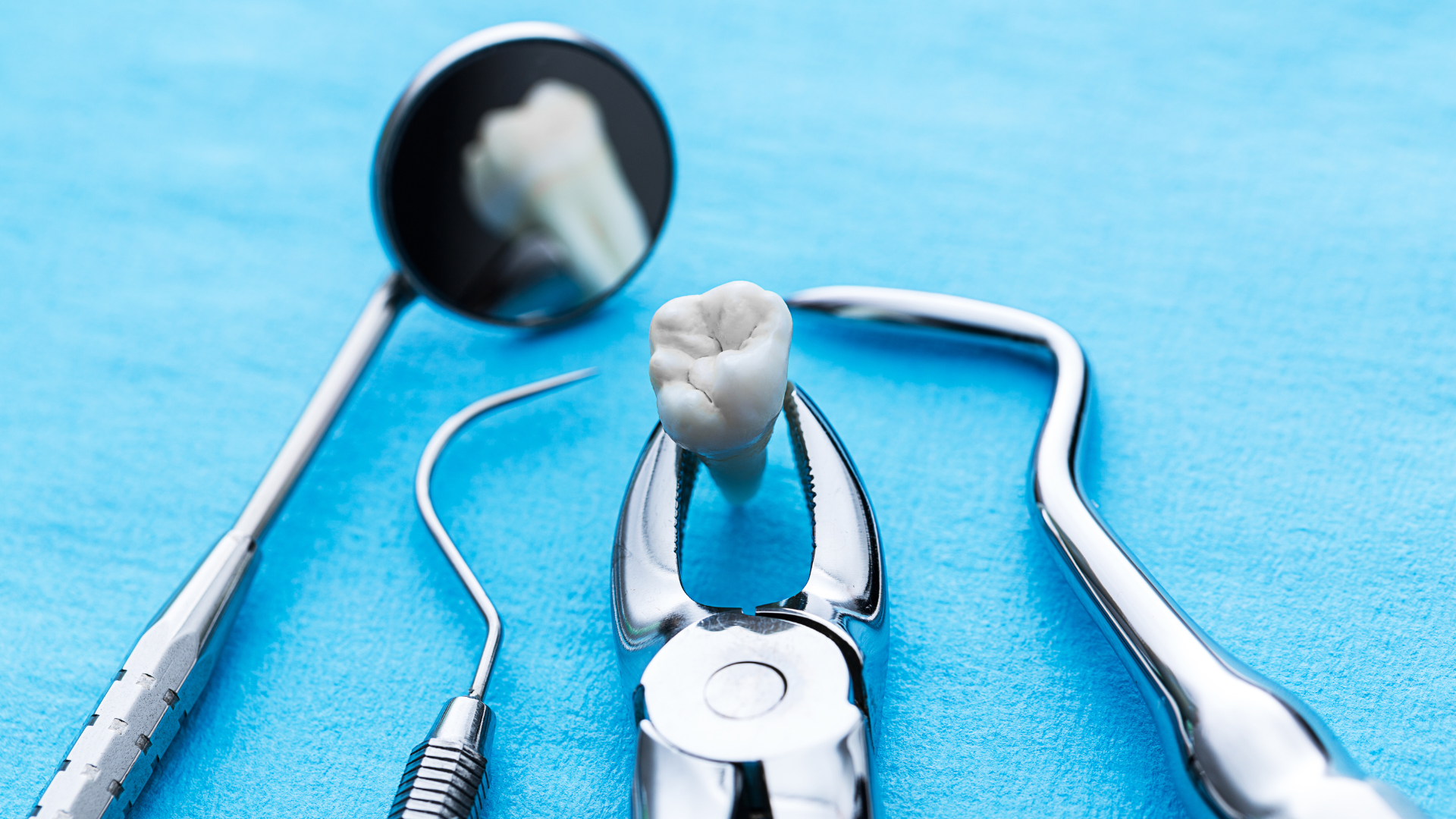General dentistry can be referred to as the foundation of oral health, laying the groundwork for a lifetime of healthy smiles with preventative care, early detection, and comprehensive treatments as necessary. Regular dentist visits and good oral hygiene habits will keep your teeth and gums healthy and help you avoid the consequences of more serious dental problems.

Why Is General Dentistry Important?
-
Preventive Care
With general dentistry, your focus will be on preventive measures, such as cleanings, fluoride treatments, and sealants, to help prevent cavities, gum disease, and tooth decay. Preventive dental examinations identify problems before they blossom into severe concerns.
-
Identifying Dental Issues Early
Frequent dentist visits enable your dentist to detect issues such as oral bacteria, imbalance, and periodontal disease at their initial stages. This not only saves a significant amount of money on expensive surgeries, but it also helps prevent invasive medical procedures down the line.
-
Connection Between Oral and Overall Health
There seems to be a connection between oral health and overall health. Lack of oral care can lead to diseases such as heart disease, diabetes, and respiratory infections. By providing proper oral care, general dentists can stop these health risks from ever affecting you and catch them early when they do.
-
Education and Holistic Services
The dentist will provide you with valuable information about oral hygiene, including tips for brushing and flossing, recommendations on the types of food to eat and avoid, and guidance on maintaining your teeth’s health. They also provide cavity care and restorative services, including fillings, crowns, and bridges, as well as dental cleaning services to enhance their functionality and aesthetics. Additionally, cosmetic teeth whitening services are available for those looking to improve the brightness of their smile, boosting confidence and overall dental appearance.
15 Surprising and Hidden Facts About General Dentistry
- Tooth enamel is more potent than steel. Tooth enamel is the hardest substance in the human body, and although it is more challenging than steel at times, it can chip or erode due to a lack of oral hygiene, as well as the consumption of acidic foods.
- There are more than 700 types of bacteria in your mouth. Not all are harmful, but a clean mouth contributes to a proper balance.
- Saliva is a natural cavity fighter — it neutralises acids, remineralises enamel, and helps wash away food particles.
- Brushing too hard can cause damage to you — Brushing too aggressively wears enamel and causes gum indentation, which can expose nerves and lead to irritation.
- Your teeth are as unique as your fingerprints – No two individuals have an identical set of teeth, so dental records are vital for identification.
- Flossing protects you from more than cavities – it decreases the chances of developing gum disease, cardiac disease, and even lung infections.
- Your tongue could show how healthy you are — If the tongue is not the standard color or it is swollen, these could be symptoms of a nutritional disorder, an abnormality or an infection, Best said.
- Worse than candy – Thick oral fluids are worse than candy, as our teeth are coated with liquid, and this produces faster decay compared with the sugar present in candy marties.
- Not everyone needs their wisdom teeth removed – Some have enough room for them to develop without complications.
- Tooth decay is not only more prevalent than the flu — billions of individuals around the world are affected, implying that regular checkups are crucial.
- Enhances oral hygiene — An impulsive habit of chewing sugarless gum increases saliva flow, cleaning teeth in an unprocessed way.
- Your teeth can reveal stress levels – Grinding or clenching (bruxism) is often linked to high stress and anxiety.
- Electric toothbrushes are more effective in cleaning. They provide higher plaque removal than manual brushing, particularly in difficult-to-access areas.
- Pregnancy-related issues — Bad oral health can affect preterm birth and birth weight.
- Mouthwash is not a substitute for brushing: Although it can be beneficial, mouthwash does not remove plaque or food particles as effectively as brushing and flossing do.
Writer’s Verdict:
Okay, I have to admit—reading through all these facts about general dentistry blew my mind! There were so many things I didn’t know, and honestly, I’m a bit embarrassed. Like, who knew that sugary drinks were worse than candy for your teeth? Or that your tongue could reveal health problems? I mean, I’ve always brushed and flossed, but now I’m going to pay more attention to things like my stress levels (apparently, grinding my teeth could be a sign!). And don’t even get me started on tooth enamel being more complicated than steel… that’s just wild!
So yeah, I’ll be taking my dentist’s advice a lot more seriously now. More regular checkups, better brushing habits, and maybe even switching to an electric toothbrush! Here’s to keeping my smile healthy—and to learning some handy stuff along the way.

COMMENTS